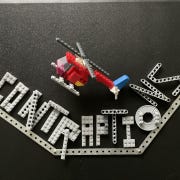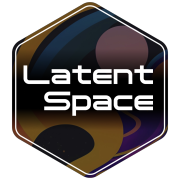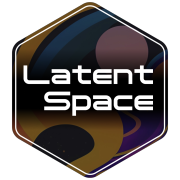Weeknotes 320 - managing AI agents teams
This week’s triggered thought is about new skills we will need to co-work with our AI team members. And more about our agentic future now.
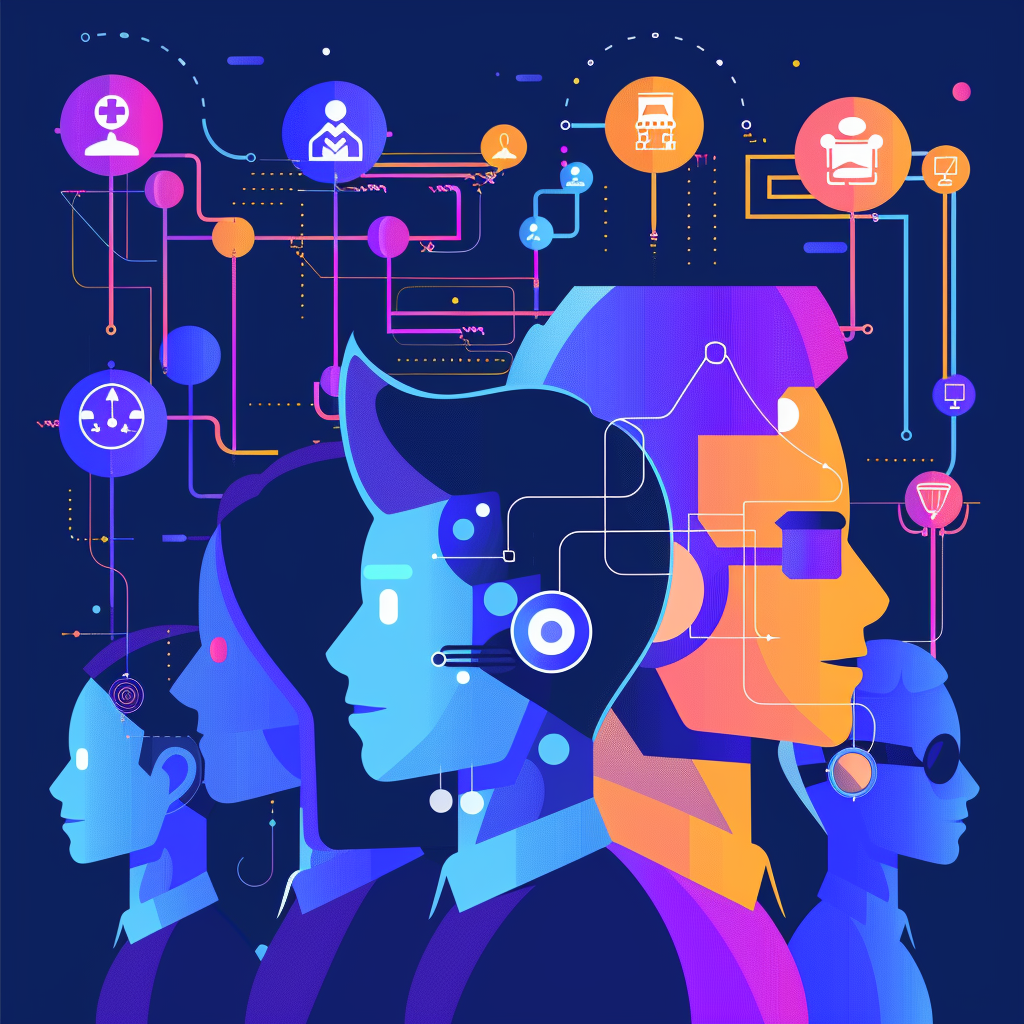
Hi, y’all!
This is the last newsletter of 2024. I am thinking about some slight adjustments to the format of the newsletter and also thinking about the ‘ecosystem’ of the newsletter, what to publish, where, and how it all fits together. But that is something for next week.
Looking back at 2024 - as one does at the end of the year, apparently - I drop some highlights here.
- This was the first full year working as an independent.
- The first quarter was dedicated to the report on proactive digital services and their relationship with poverty and debt prevention.
- In the second and third quarters, I chose to shape the Wijkbot methodology as part of Cities of Things activities. I ran workshops, presented at conferences PublicSpaces, conducted more workshops at Afrikaanderwijk, worked with students at TU Delft, and extended the Wijkbot toolkit with funding from the Ecosystem of Systemic Co-design.
- During this period, we also started shaping the 10-year celebration edition of ThingsCon, which is held in December. We chose the theme Generative Things, started planning the program, arranged for funding, etc.
- I presented Generative Things at CleverFranke; we planned a Salon with the Human Values for Smarter Cities program.
- The last quarter was dedicated to a new explorative research project at the Civic Interaction Design group at Amsterdam UAS. This will run into January this year and hopefully lead to follow-up research.
- At Dutch Design Week, we organized a Salon, and I did two workshops on Generative Things at The Haguaster Next Level Engineering and Avans UAS Health by Design. With Wijkbot, I did a workshop at the Society 5.0 Festival.
- And the last quarter was filled with a lot of work on ThingsCon organizing. It is officially a volunteer side project that takes more time than possible. Based on the responses, it was a great edition (and I feel so, too). Check the videos and photos if you have not done so yet.
So, in general, 2024 was a super productive year with developments of all kinds. Now bring a good balance in paid and non-paid gigs; I hope to bring that up to a healthy level in 2025 (you know how to reach me :-).
Next week it is time to have a peek into 2025.
Triggered thought
As we approach 2025, predictions for the new year are ramping up. We should prepare for a year when AI agents will become the new promise in the AI domain. And one of the 25 trends presented by the AI Daily Brief triggered a thought; how a new skill set is becoming essential for everyone: the ability to manage AI agents. These new agents aren't just tools; they're evolving into digital team members who require coordination, oversight, and strategic direction. This is especially true as we get dedicated agents for different tasks that combine skills to reach the goals.
It brings back a presentation (by Louise Heinrich at ThingsCon 2014 in Berlin, if I remember correctly) on conflicting IoT devices with algorithmic behavior and thresholds connected to their respective goals. Opening blinds, setting the airco, switching on the lights. What will happen when the goals are conflicting? It was a good prediction of a future that still needs to be rolled out, but with the AI agents, we might overcome the automated clashes with agents who are intelligent enough to start conversations to come to the best result.
That is the moment that managing the automated devices is not about setting the right threshold but being sure to be clear in your personal goals. This scenario brings to mind the concept of "co-performance" introduced by Keijer and Giaccardi back in 2018, I mentioned it before in this newsletter. They envisioned a future where humans and AI systems would work together as partners, each leveraging their unique strengths. Now, as we find ourselves on the cusp of that future, their insights seem more relevant than ever.
Co-performance isn't about delegating tasks to AI and stepping back. It's about active collaboration, where we guide our AI partners towards shared goals. It requires us to understand not just what our AI agents can do but how they can work together – and with us – most effectively.
As we navigate this new landscape, we must shift from viewing AI as mere tools to seeing them as collaborators. We need to develop skills in AI coordination, conflict resolution between agents, and strategic task allocation. In essence, we're all becoming managers in the AI era, orchestrating a team of digital assistants to enhance our daily lives and work.
The challenge—and the opportunity—lies in mastering this new form of management. By embracing co-performance principles and developing our agent-team management skills, we can create a productive partnership between human ingenuity and artificial intelligence. Enter the era of AI teamwork, where we are not a manager of the AI team but a cooperating foreman to achieve our shared goals.
For the subscribers or first-time readers (welcome!), thanks for joining! A short general intro: I am Iskander Smit, educated as an industrial design engineer, and have worked in digital technology all my life, with a particular interest in digital-physical interactions and a focus on human-tech intelligence co-performance. I like to (critically) explore the near future in the context of cities of things. And organising ThingsCon. I call Target_is_New my practice for making sense of unpredictable futures in human-AI partnerships. That is the lens I use to capture interesting news and share a paper every week.
Notions from the news
As mentioned, this is a week of looking back and forward.
Rao stopped doing it, though, replacing it with some broader horizon.
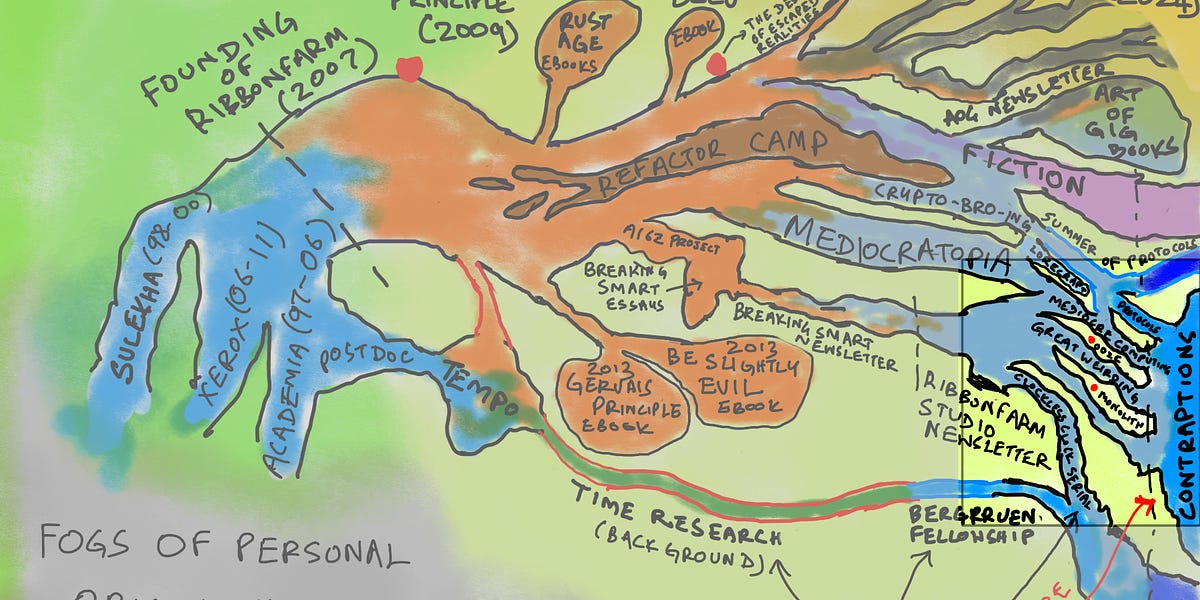
There is a new kid in town that is performing better than ChatGPT, Claude, and is open source: DeepSeek v3 (is the name from before the genAI hype?)

Human-AI partnerships
Are we ruling our AI tools or are they ruling us?

Do we want to delegate our life?

Robotic performances
Some new protocols by Anthropic for LLM app integration.
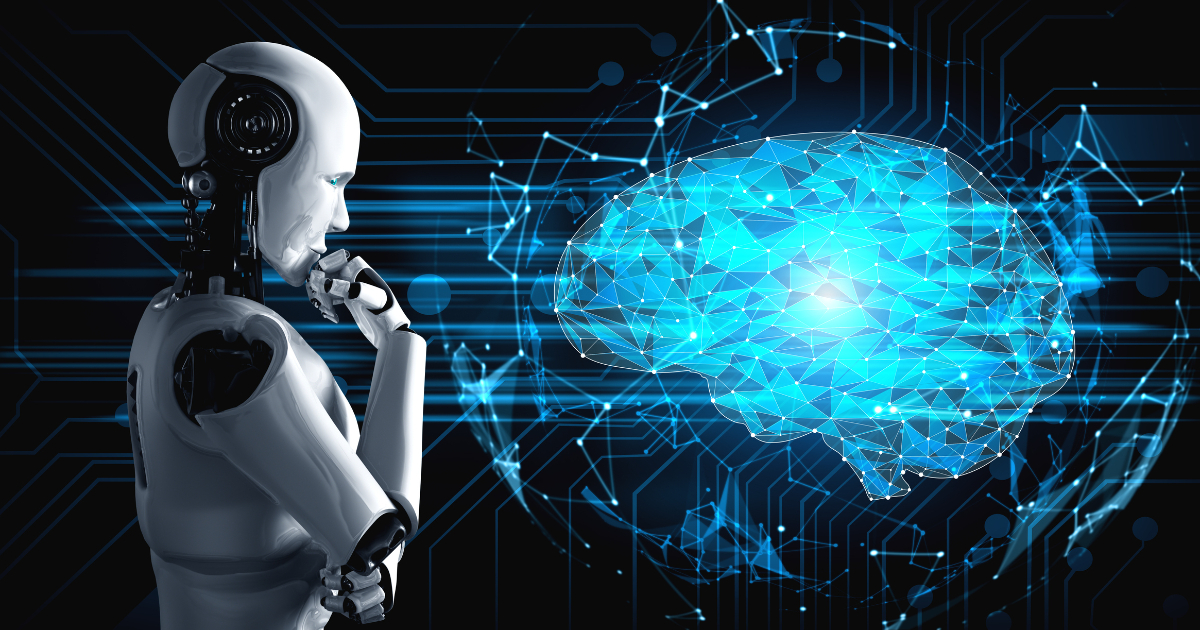
Moving stuff. The tangible aspects of surfaces.

How safe are these self-driving taxis? Compared to human-driven.
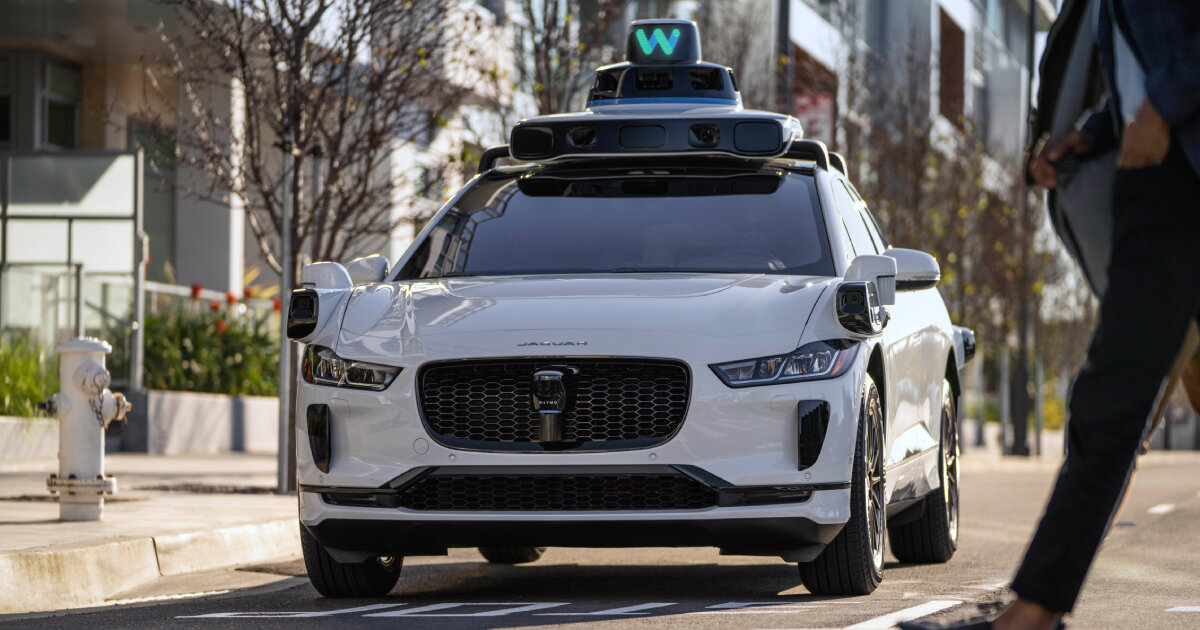
Expect humanoid TikToks and Reels
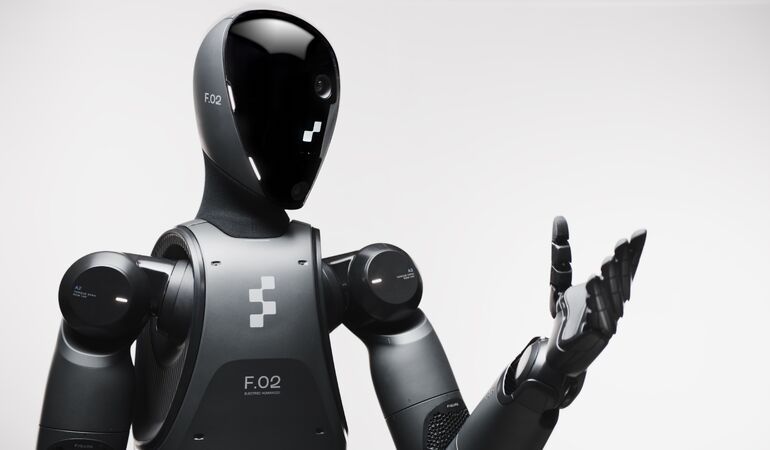
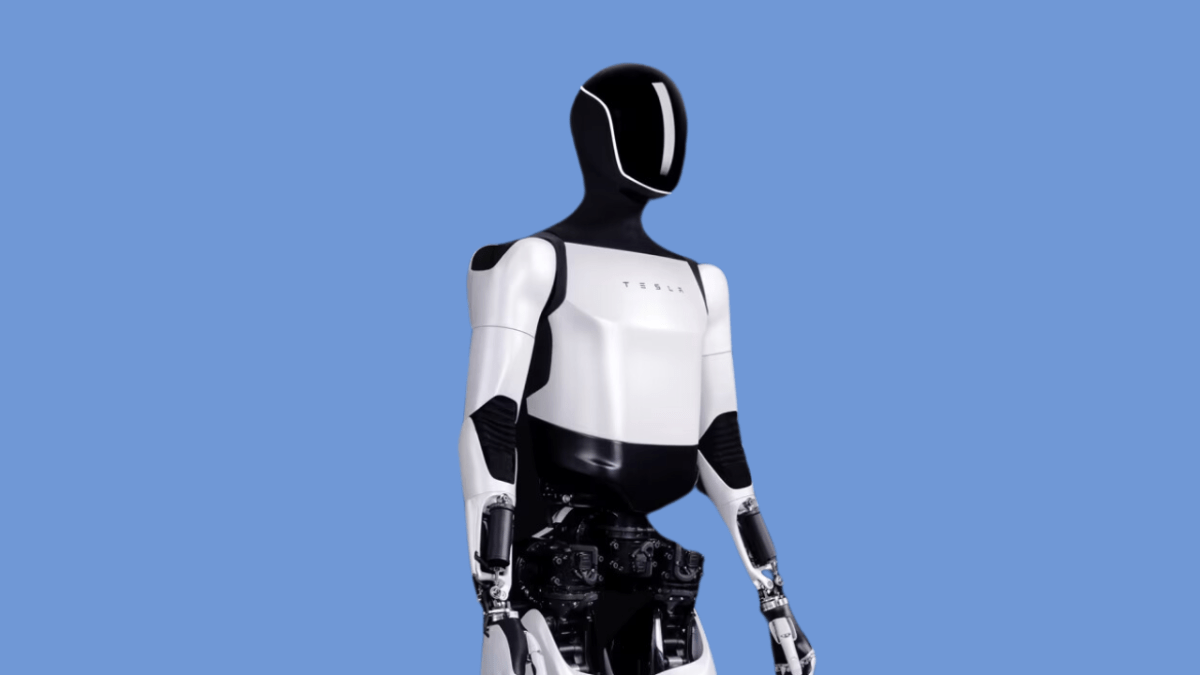
Immersive connectedness
The new immersive Carplay is the returning promise that has not been delivered.
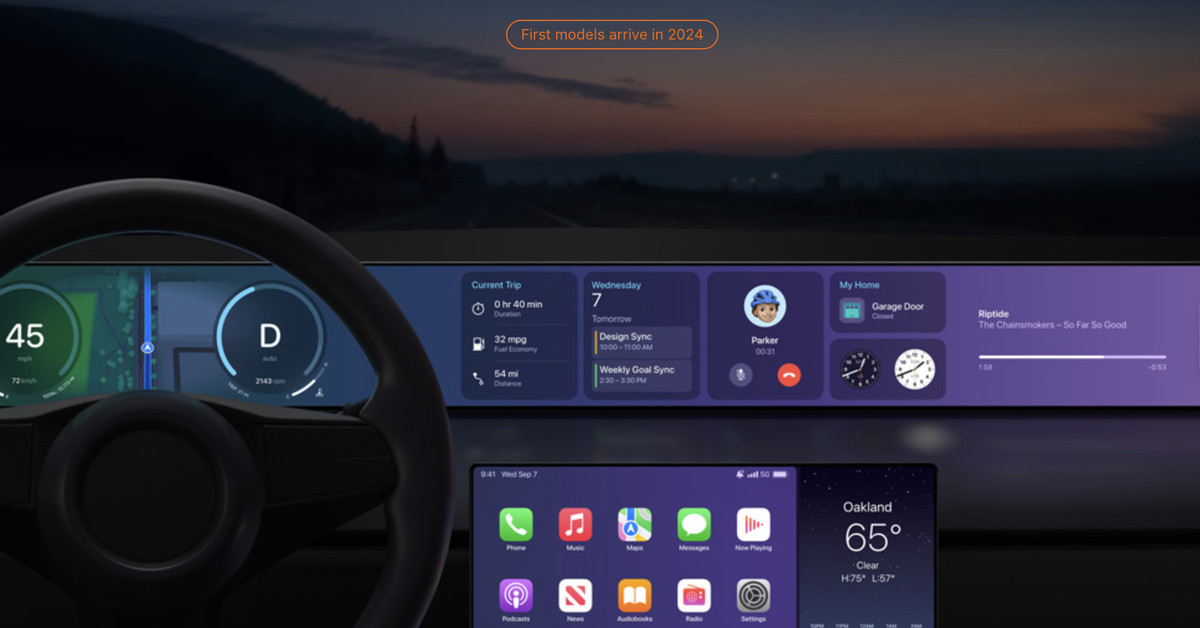
Moving AI to the things is immersive.
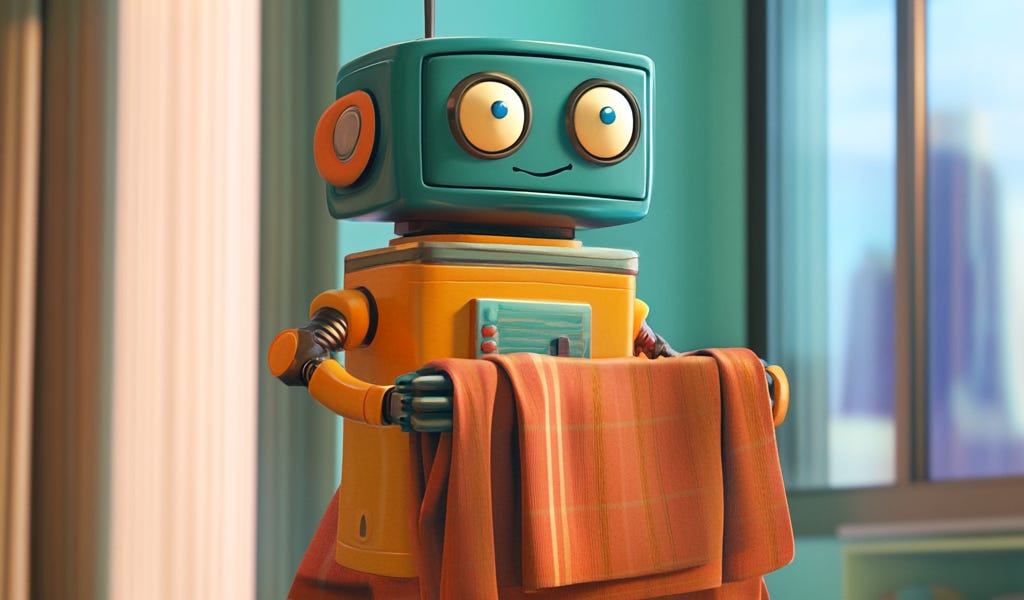
Tech societies
Are we ramping up for the battle of the supercomputers ahead of AGI?
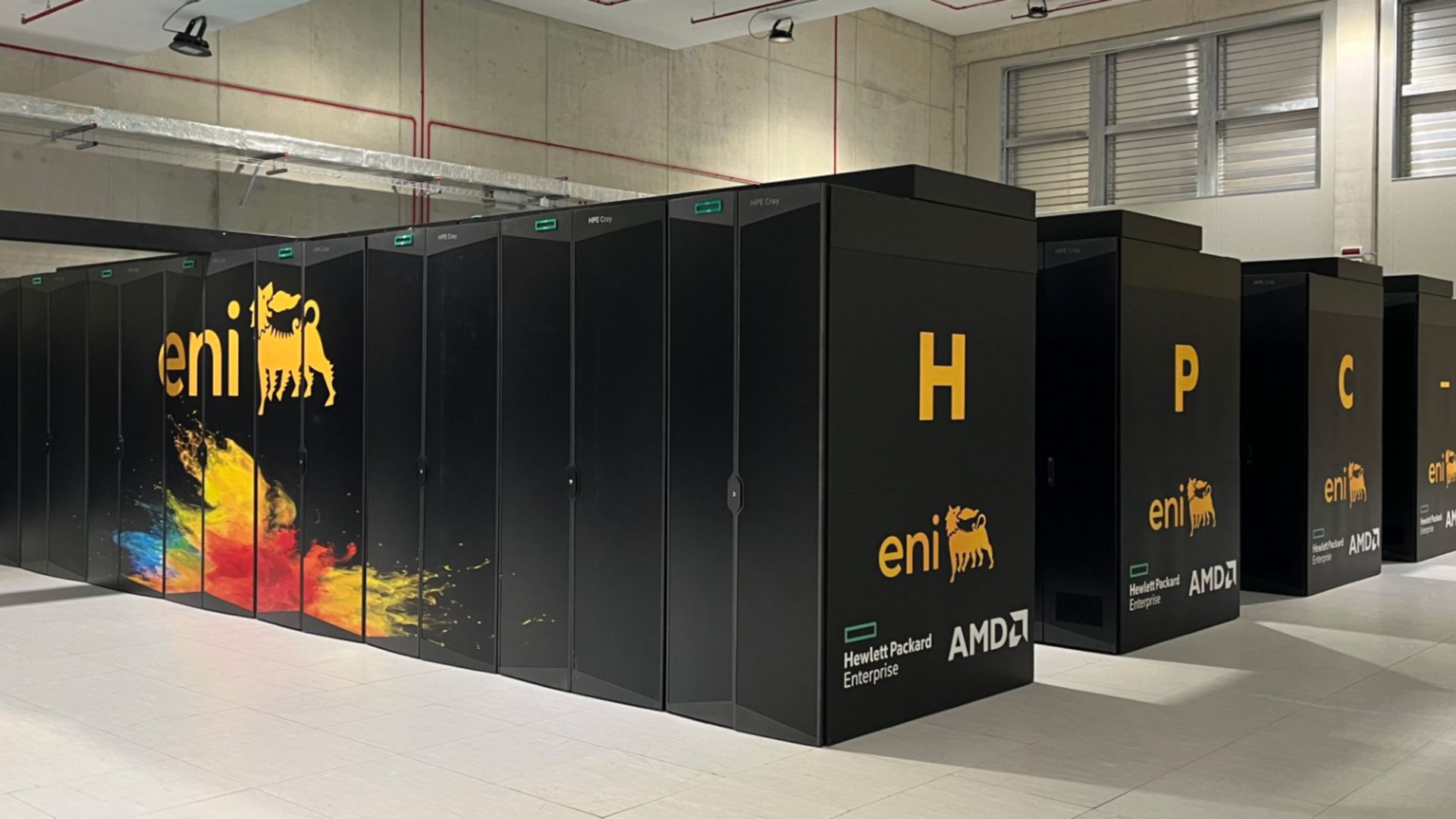
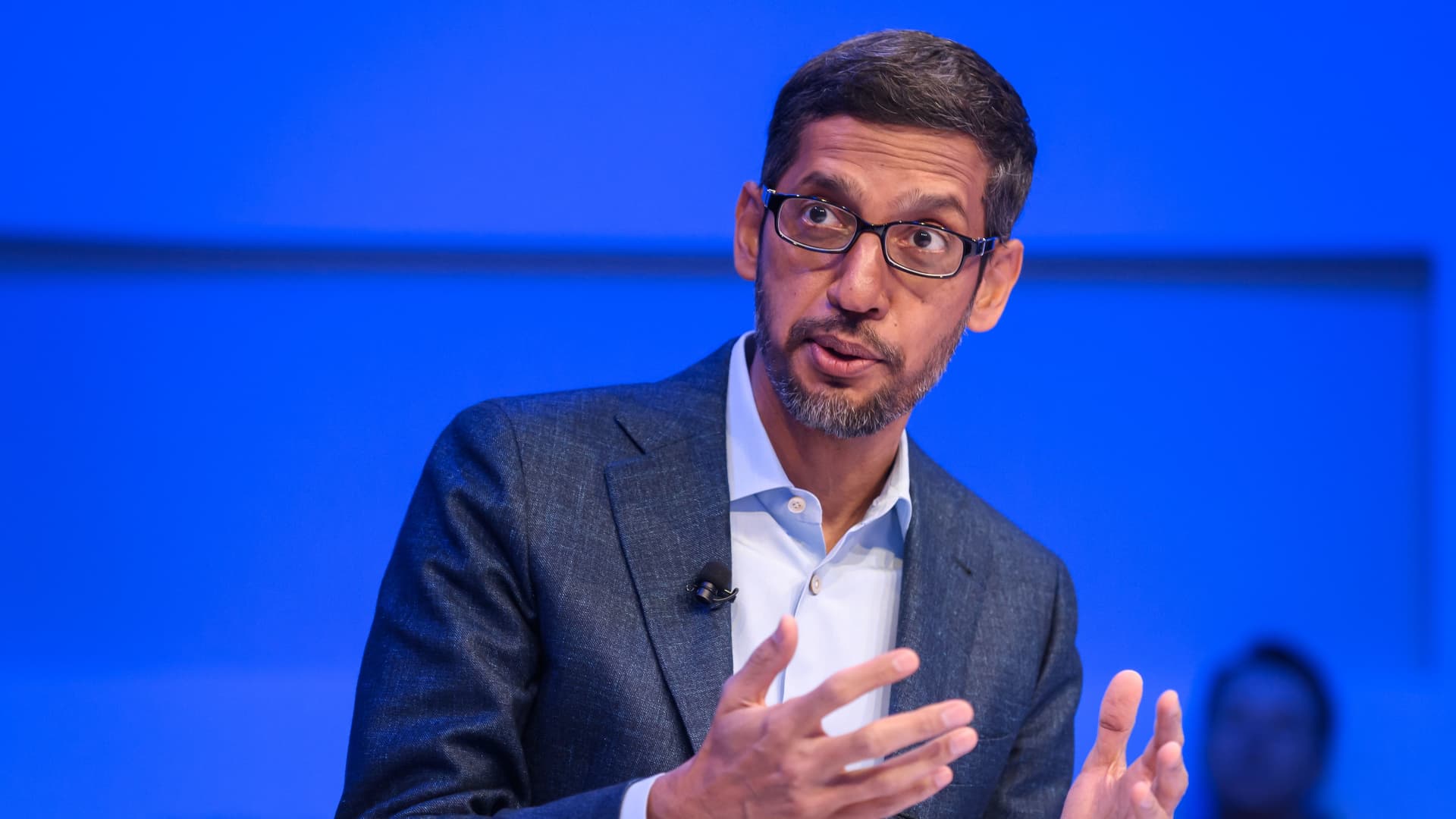
Some say that cryptography might be key in the coming years. And Quantum-Proof the holy grail. Some achievement.
https://spectrum.ieee.org/post-quantum-cryptography-2670649921
Power remains the Achilles heel of AI.
And is AI the Achilles heel of smart contracts?
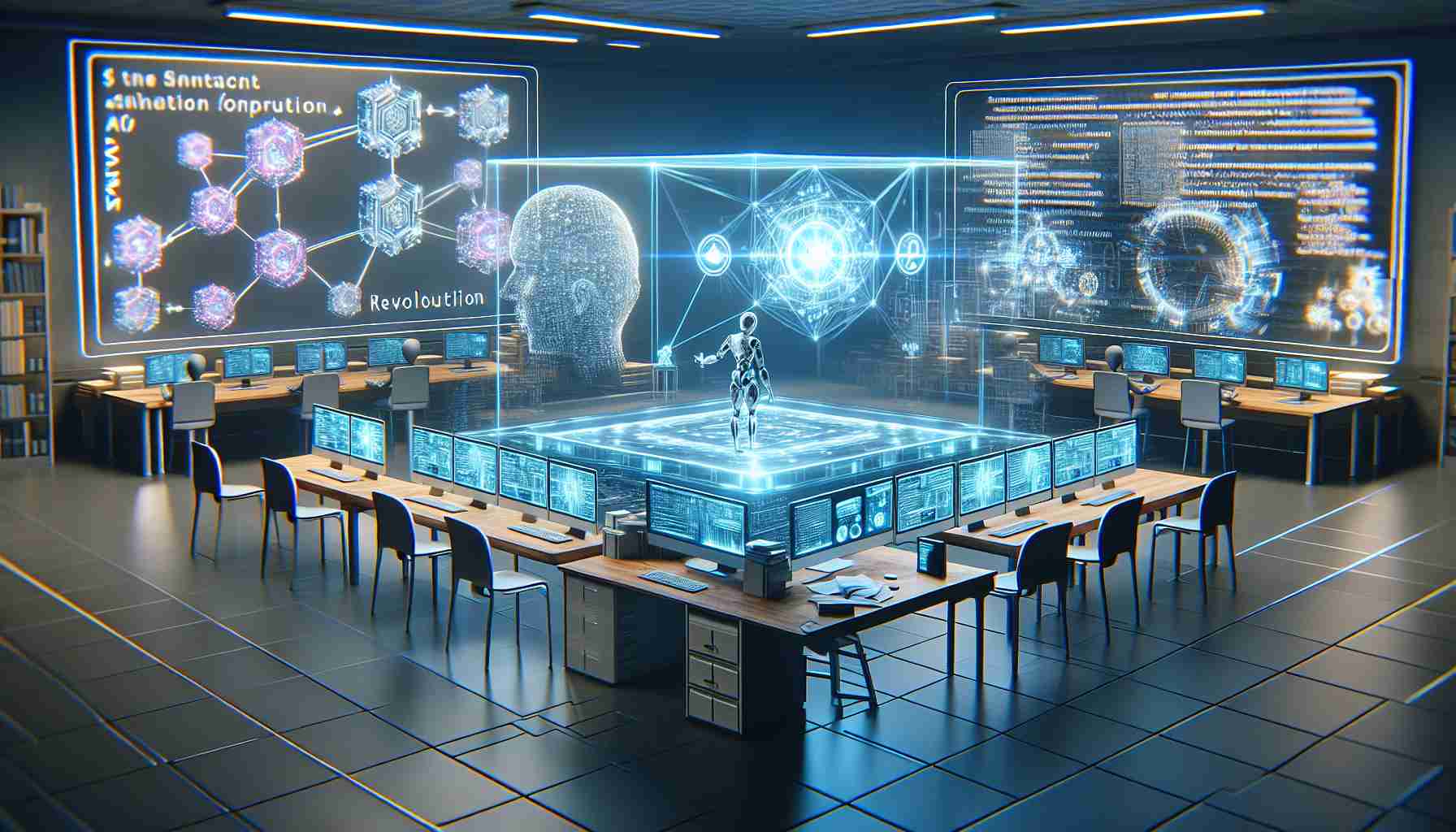
The year-end and beginning
Also self-reflection is a category here
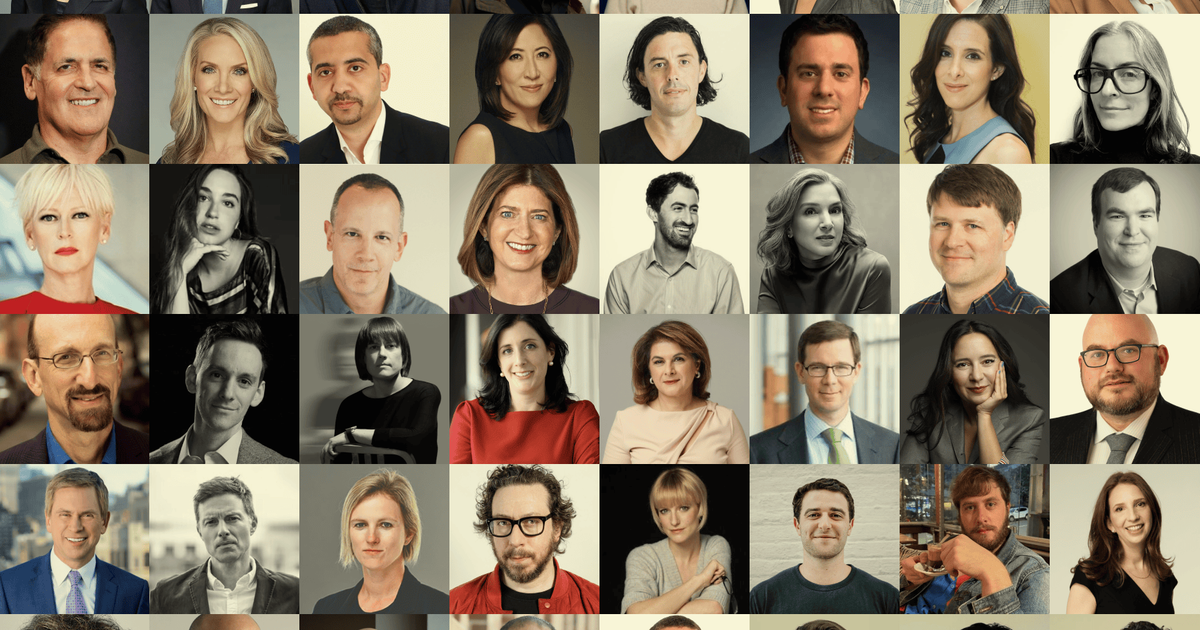
VR in 2024. It did not really happen.

Humanoids did. In a way.
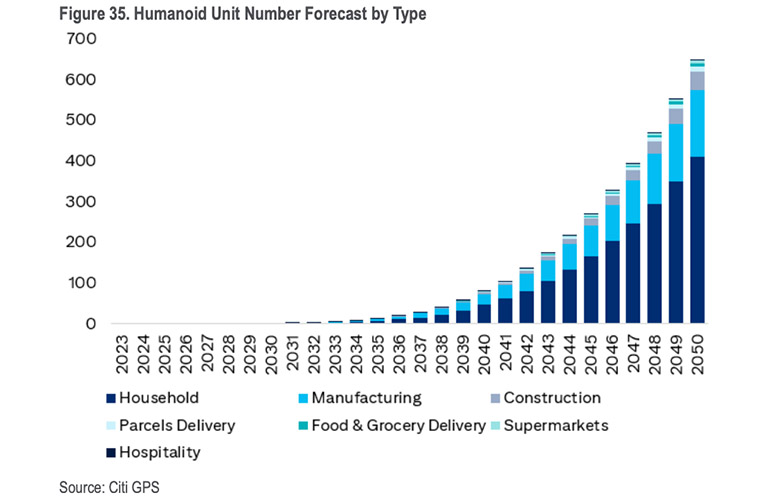
Wearables…? If it was a ring.

Agents were there already in 2024. Of course, also before.
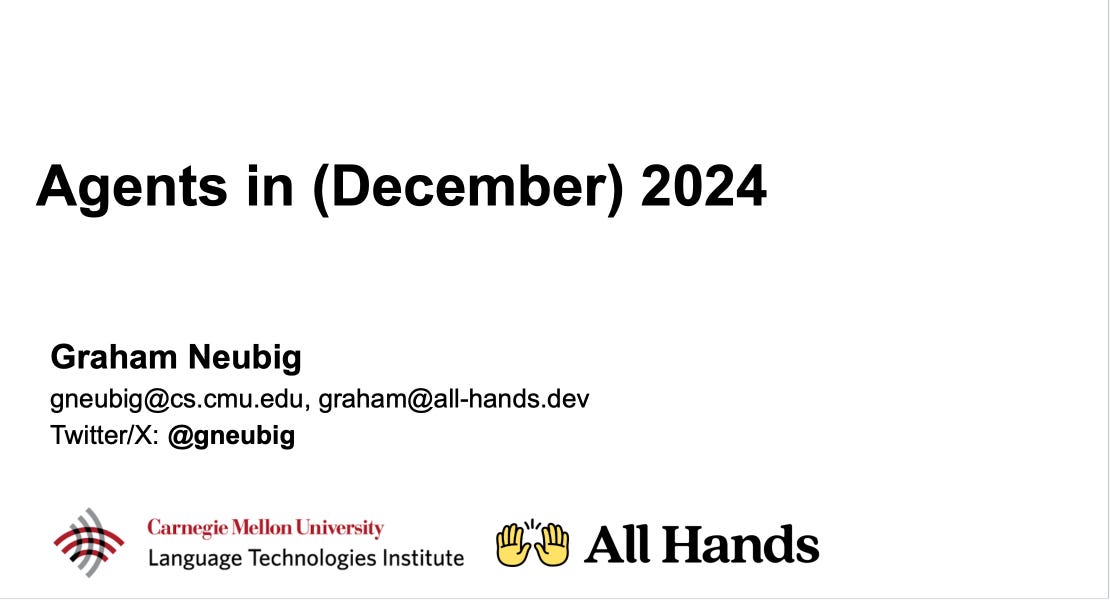
Read more:
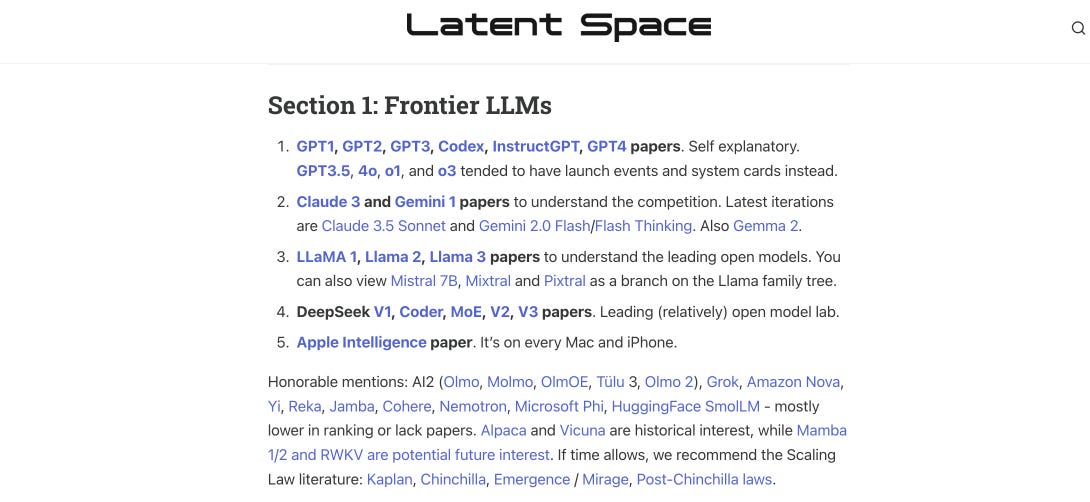
Betting on the predictions of AI.

Paper for the week
Envisioning ecopolitical futures: Reading climate fiction as political theory
This article fosters this link by suggesting reading climate fiction as a political theory. (…)
The overarching argument is that reading climate fiction as political theory offers insight into envisioning just sustainable futures.
Sophia Hatzisavvidou, Envisioning ecopolitical futures: Reading climate fiction as political theory, Futures, Volume 163, 2024, 103456, ISSN 0016-3287, https://doi.org/10.1016/j.futures.2024.103456
Looking forward
Hope that I manage to revisit the format, I have some thoughts that I like to execute. Next week more.
And, of course, have a great party tonight, dancing on the volcano of 2025!
Enjoy your week!

